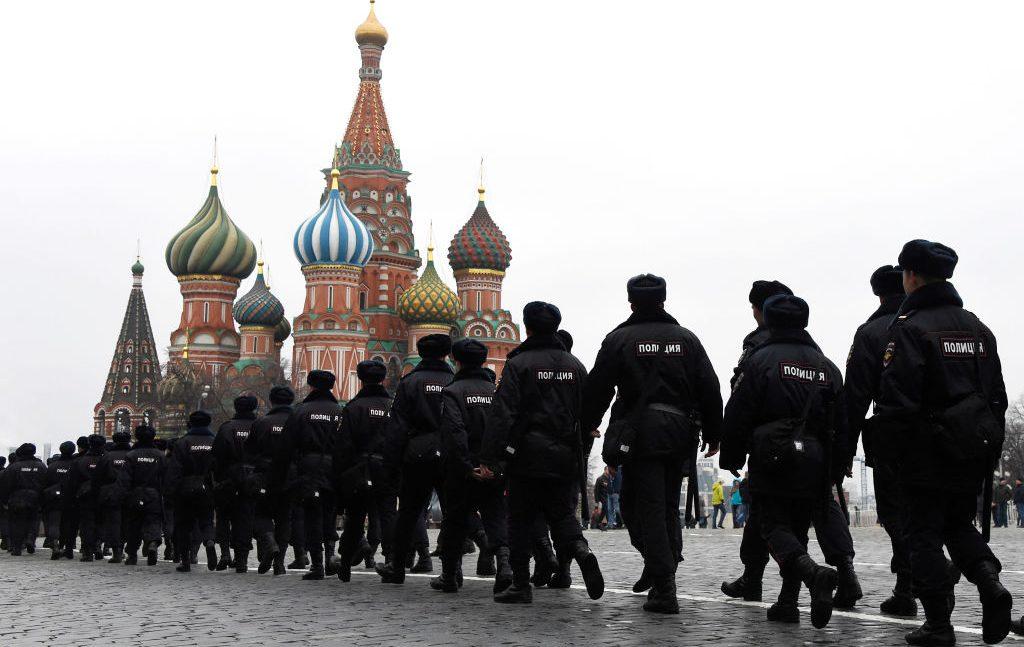MOSCOW—Russian police said on Jan. 28 they had arrested a man caught on camera taking a painting off the wall of a major Moscow art gallery and strolling out with it under his arm.
Visitors at the State Tretyakov Gallery on Jan. 27 barely gave the man a second look, taking him for an employee.





